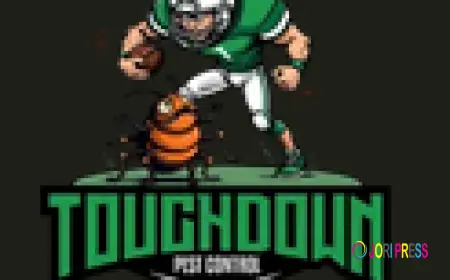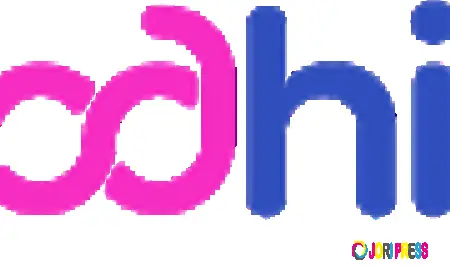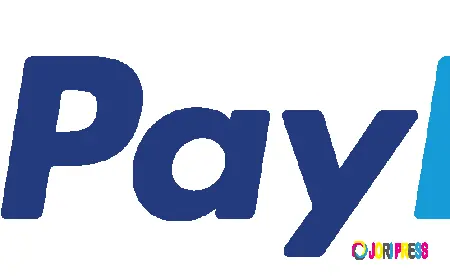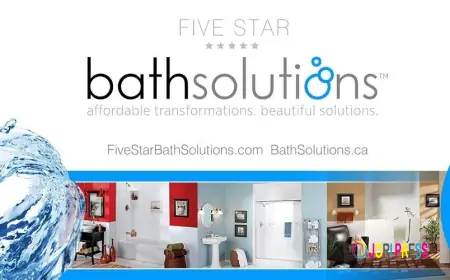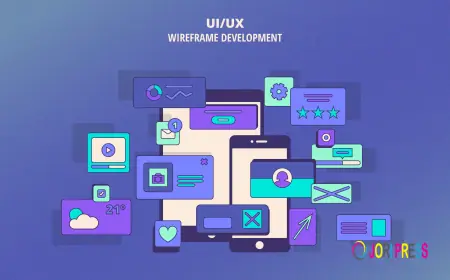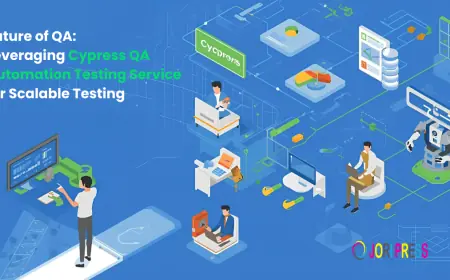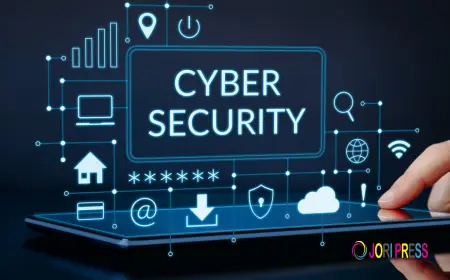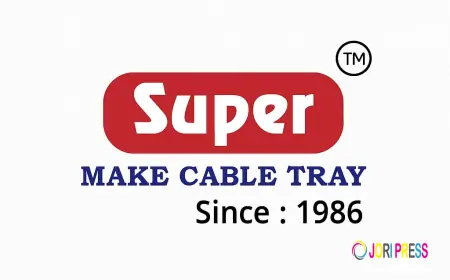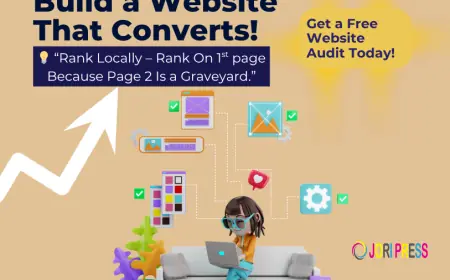The Future of AI in Video Production and Content Creation
Discover the future of AI in video production and AI for content creation. Learn how AI transforms digital marketing with smarter editing, personalization, and storytelling.
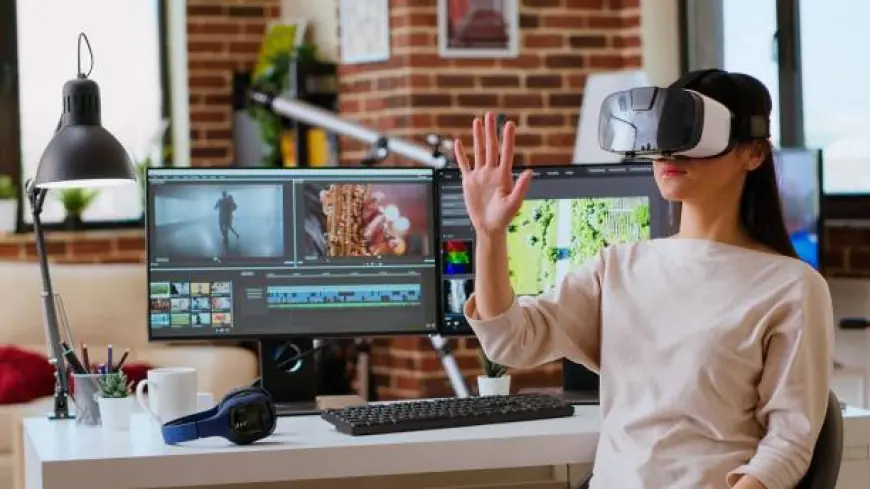
Video has become the most powerful medium for communication, marketing, and entertainment. Whether it’s a social media clip, a YouTube tutorial, or a corporate advertisement, audiences are consuming more video content than ever before. But as demand grows, so does the challenge of producing engaging, high-quality content at scale. This is where AI in video production and AI for content creation are transforming the industry.
Artificial intelligence is not just automating workflows—it’s unlocking new levels of creativity and efficiency. From scriptwriting to editing, AI-driven tools are giving creators, brands, and marketers an edge in delivering compelling video experiences. Let’s explore how AI is shaping the future of video production and what it means for digital marketing and beyond.
AI in Video Production: Smarter and Faster Workflows
Traditional video production is resource-intensive, requiring teams of writers, editors, animators, and directors. With AI, many of these tasks are being streamlined. For example:
-
Automated Editing: Tools powered by AI can cut, trim, and align video clips seamlessly, saving editors hours of manual work. Some platforms even analyze content to detect the most engaging moments and create highlight reels automatically.
-
Scene Detection: AI can identify transitions, objects, and even emotions in scenes, helping editors navigate raw footage more efficiently.
-
Voice and Audio Enhancements: Background noise removal, auto-syncing dialogue, and AI-generated voiceovers reduce technical hurdles for creators.
-
Visual Effects (VFX): AI algorithms can add effects, track motion, and generate realistic graphics, which once required high-end studios.
The adoption of AI in video production doesn’t replace human creativity—it enhances it by giving professionals more time to focus on storytelling and strategy rather than repetitive tasks.
AI for Content Creation: From Script to Storyboard
Beyond editing, AI is entering the creative phase of video production. With natural language processing and machine learning, AI tools can now:
-
Generate Scripts: AI platforms can write outlines, dialogues, or even entire scripts based on keywords or prompts. For businesses, this means producing video ads, explainer videos, or training content faster
-
Storyboard Creation: Some AI tools turn scripts into basic visual storyboards, giving creators a head start in planning shots.
-
Idea Generation: For marketers and content creators, AI can analyze trending topics and suggest video ideas tailored to target audiences.
This evolution of AI for content creation makes video production more accessible. Small businesses and solo creators, who may lack resources for full production teams, can now produce professional-quality content at a fraction of the cost.
Personalization in Digital Marketing
One of the most exciting applications of AI-powered video is in digital marketing. In the past, marketers created one-size-fits-all video campaigns. Today, AI allows for personalization at scale:
-
Dynamic Video Ads: AI tools can generate personalized ad variations based on viewer demographics, behavior, or location. For example, two users may see the same product ad but with different messages tailored to their interests.
-
Data-Driven Insights: AI can analyze performance metrics in real time, helping marketers optimize campaigns quickly. Instead of guessing what works, brands can rely on AI to recommend edits, thumbnails, or even titles that maximize engagement.
-
Customer Interactions: AI chatbots integrated with video content can provide interactive experiences, guiding viewers through products or services.
For brands, this means higher engagement, stronger customer relationships, and better return on investment from video campaigns.
AI-Generated Avatars and Virtual Influencers
A trend that’s quickly gaining momentum is the rise of AI-generated avatars and virtual influencers. These digital personalities, powered by AI, can star in marketing campaigns, tutorials, or entertainment videos without the need for human actors.
Brands benefit from:
-
Consistency: Avatars can represent a brand across multiple platforms without scheduling conflicts.
-
Scalability: Virtual influencers can create limitless content without physical limitations.
-
Cost Savings: Long-term, AI-generated personas can reduce production costs.
While some critics argue this could reduce authenticity, many companies see it as an opportunity to blend storytelling with technology in new ways.
AI in Live Video and Streaming
AI is also transforming live video production. Platforms now use AI to:
-
Auto-generate captions for accessibility.
-
Translate speech in real-time for global audiences.
-
Moderate live chats to filter inappropriate comments.
-
Enhance video quality by stabilizing streams and adjusting lighting automatically.
For digital marketers, this means live events, webinars, and product launches can reach wider audiences with less technical friction.
The Human-AI Collaboration
Despite all these advancements, human creativity remains central. AI may handle the technical execution, but storytelling, emotion, and brand identity still rely on human judgment. The future isn’t about AI replacing creators—it’s about collaboration.
A video editor might use AI to cut a rough draft in minutes, then refine it with their creative touch. A marketer might use AI-generated analytics to guide campaign strategy but still craft messaging that resonates with human emotion. This balance between efficiency and creativity is what makes AI a tool rather than a replacement.
Challenges and Ethical Considerations
As with any emerging technology, there are challenges:
-
Authenticity Concerns: AI-generated content, especially deepfakes, raises questions about trust. Brands must ensure transparency when using AI avatars or synthetic voices.
-
Job Shifts: While AI eliminates repetitive tasks, professionals must reskill to focus on creative and strategic roles.
-
Bias in AI Systems: If not trained properly, AI tools may reinforce stereotypes or exclude certain groups.
Addressing these issues responsibly will be key to ensuring AI benefits both creators and audiences.
Conclusion
The future of AI in video production and AI for content creation is bright, filled with opportunities for efficiency, personalization, and innovation. From automated editing to AI-driven marketing campaigns, artificial intelligence is redefining how videos are made and consumed.
For businesses, embracing AI means staying ahead in digital marketing, where video dominates engagement. For creators, it means having powerful new tools to tell stories more effectively. And for audiences, it promises richer, more personalized experiences.
As AI continues to evolve, the most successful creators and marketers will be those who learn to blend human creativity with machine intelligence—paving the way for a new era of video storytelling.
What's Your Reaction?
 Like
0
Like
0
 Dislike
0
Dislike
0
 Love
0
Love
0
 Funny
0
Funny
0
 Angry
0
Angry
0
 Sad
0
Sad
0
 Wow
0
Wow
0
